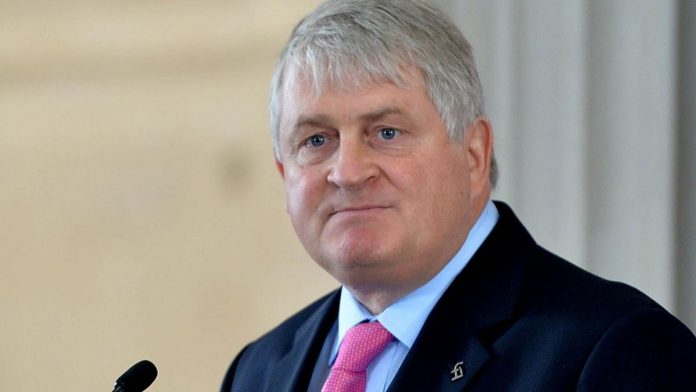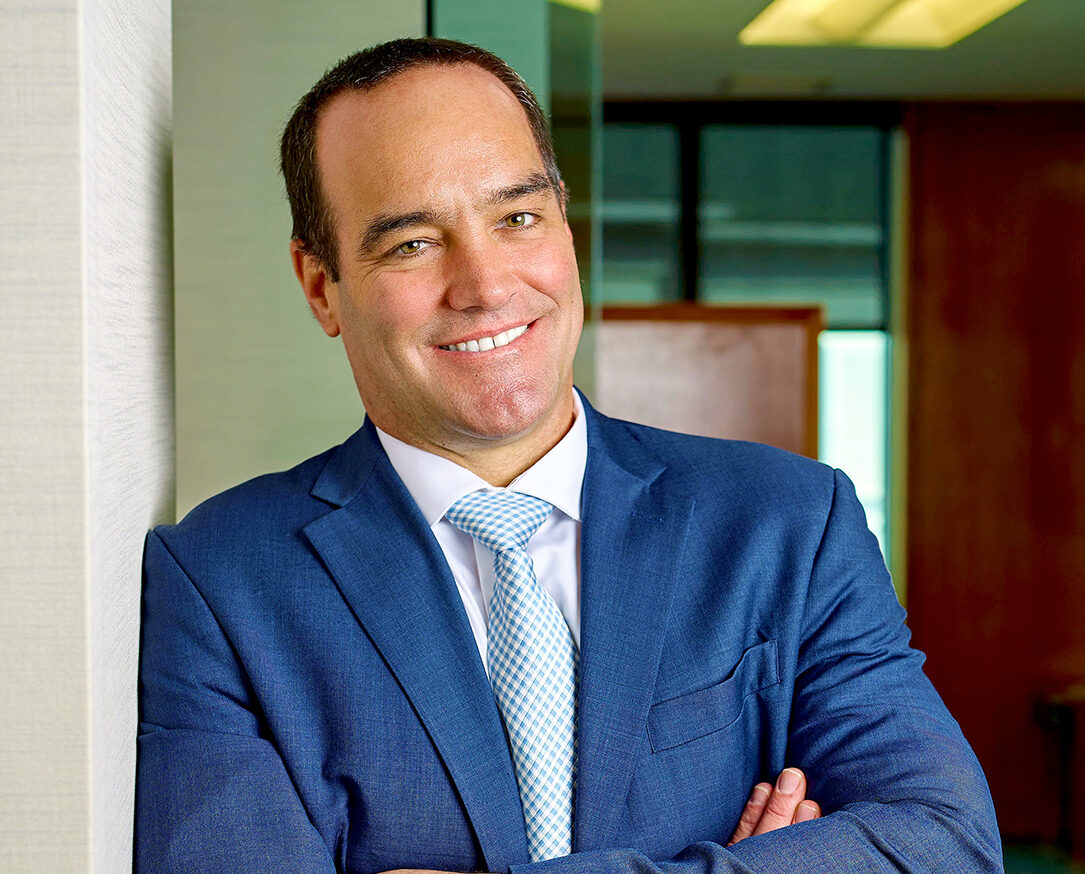Denis O’Brien, who extracted at least $1.9 billion (€1.7 billion) in dividends from his Digicel phone group between 2007 and 2015, promised bondholders in the highly indebted company four years ago that he would hold off taking further dividend payments until business improved.
Still, companies owned and linked to the businessman received almost $134 million of revenues, fees and expenses in the 3½ years through last September from the Jamaican-based group, new documents reveal.
Filings made by Digicel units to the US Securities and Exchange Commission (SEC) late last week in relation to a planned massive debt restructuring by the group give the first publicly available overview of the business since it was planning a flotation half a decade ago.
The new documents show that O’Brien’s engineering services company Actavo, previously known as Siteserv, received $83.1 million during the 3½ year period from Digicel to install a fibre-optic network and maintain other facilities, priced at cost plus an undisclosed mark-up.
The group also paid $28.3 million to use a jet owned by an O’Brien company over the time frame, $3.9 million of annual rent on its Kingston headquarters, as well as fees and expenses to the businessman’s Island Capital and Communicorp companies.
Digicel, saddled with an unsustainable debt pile of more than $7 billion, announced in early April that it was asking five categories of bondholders to write off much of what they are owed by exchanging their securities for paper of lesser value. The plan which is being overwhelmingly supported by holders of the bonds for fear that they would face much bigger losses in the event of an insolvent liquidation, will see $1.6 billion of its debt being written off.
The group, which has not made detailed financial disclosures since it abandoned an initial public offering (IPO) in 2015, has been forced under 1939 US bond laws to post filings with the SEC in relation to one of the new bonds being issued in the planned debt exchange.
The documents provide extensive disclosures on the business, including details of almost $700 million of losses racked up in recent years as it dealt with growing competition, political and economic instability and currency fluctuations in some of its main markets, as well as rising debt-financing costs. (Irish Times)




